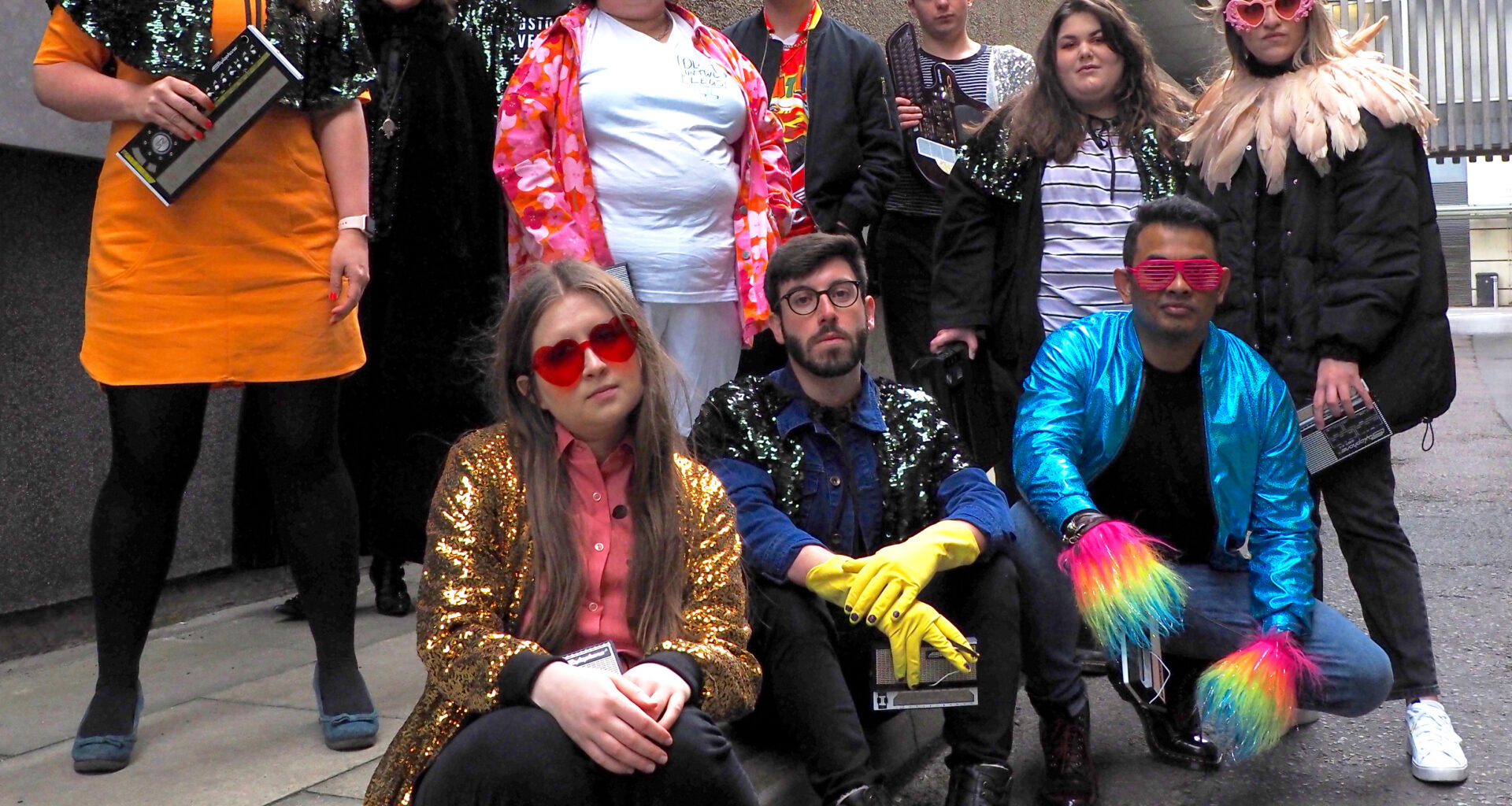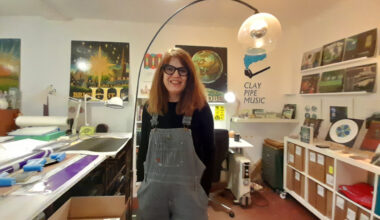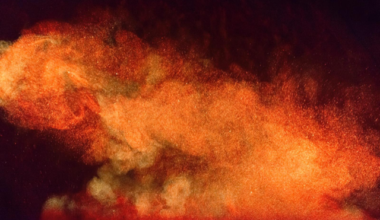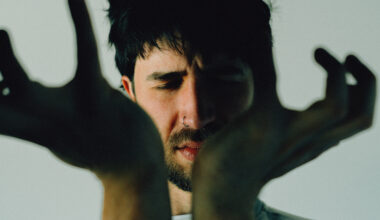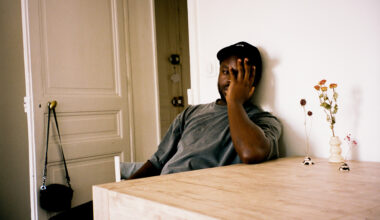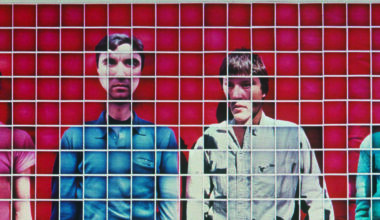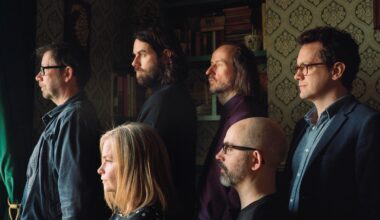Take legendary producer Tony Visconti, Bowie-obsessed academic Dr Leah Kardos, and a car boot stuffed full of Stylophones. The result? The Kingston University Stylophone Orchestra and an album bursting with buzzy delights
Want to read more?
Sign up to Electronic Sound Premium to gain access to every post, video, special offers, and more. 100%, all you can eat, no commitment, cancel any time.
Already a premium member? Log in here
